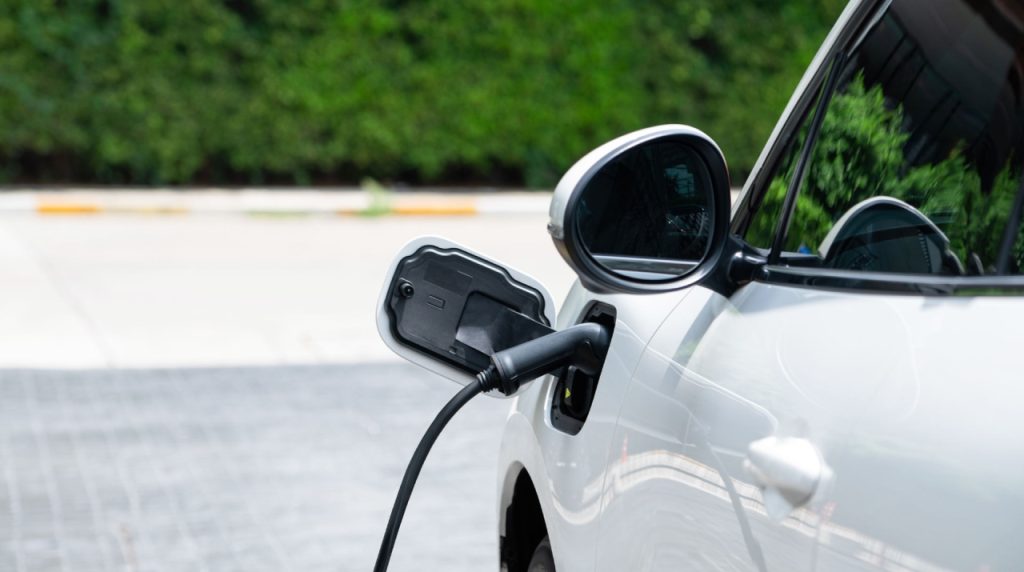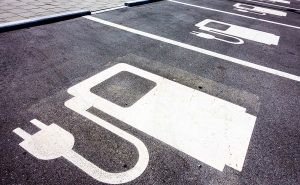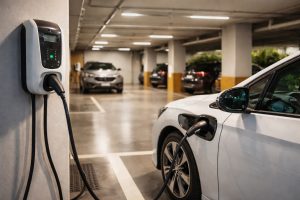
Accenture: 57% of Drivers Want to Buy an Electric Vehicle in the Next Decade

A recent Accenture report highlights that 57% of drivers plan to buy an electric vehicle in the next decade.
The study points out that the first generation of early buyers, motivated by innovation and environmental benefits, is virtually exhausted.
Now, the challenge lies in capturing the second group of consumers, made up of those who want more tangible benefits such as long-term savings, reliability and convenience, factors that still limit their interest in switching vehicles.
You may also read: Joinup and Renault Unite for Sustainable Mobility in Transportation
The report, “Decoding the human mindsets behind EV adoption,”, details that 10% say they would never consider an EV, leaving plenty of room for manufacturers to capture the attention of new buyers if they adjust their approach in key areas: affordability, charging infrastructure, and a customized offering for different user profiles.

Challenges
Most potential EV buyers see high upfront costs as a major obstacle. Although the cost of batteries has decreased in recent years, EVs still tend to be more expensive than their internal combustion counterparts.
To overcome this barrier, Accenture suggests that brands need to focus on making electric models more affordable.
While more recent research from Escalent recommends that manufacturers need to offer consumer assurances of reliability and safety, elements that commonly concern new buyers.
In addition, charging infrastructure remains a crucial issue for many users, especially in urban areas where not everyone has their own space to install chargers.
For EV manufacturers, one solution would be to partner with companies that offer charging services without the need for permanent installation, especially for apartment buildings and condominiums.
Another recommendation from Accenture is to adopt an omnichannel sales approach that personalizes the experience for each type of customer.
This type of selling requires a closer and more meaningful interaction between the salesperson and the prospective buyer, who seek clarity on aspects such as long-term maintenance costs and how EVs work in everyday life.





